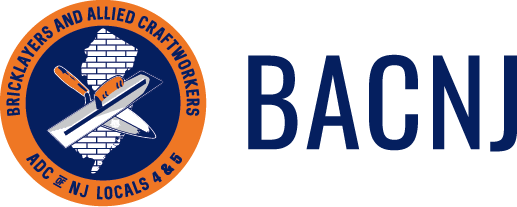Skilled labor, more specifically employment opportunities considered “the trades,” brings accountability and prestige to businesses and industries, developing a highly specialized workforce that positively impacts both productivity and quality. The advantages of hiring skilled labor extend beyond the immediate need for meeting employment metrics. Hiring skilled labor contributes to the overall success and sustainability of organizations.
First and foremost, tradesmen and women bring expertise and specialized knowledge to the table. Professionals in fields such as masonry, precast masonry, plaster and PCC Restoration undergo rigorous training, apprenticeships, and often possess coveted high level certifications. Employing the right people for the job ensures that work is conducted with professionalism, with precision, and has its advantages by minimizing errors and promoting high-quality workmanship. Employers can rely on skilled tradespeople to handle intricate projects, contributing to the reputation and reliability of the business.
The efficiency of skilled labor is something to be admired and sought after. Trade professionals are adept at problem-solving and troubleshooting, and are able to navigate complex issues efficiently. This ability to identify and address challenges promptly not only accelerates project timelines but also mitigates the risk of costly delays. In industries where time is of the essence, such as construction or manufacturing, the efficiency of skilled trades becomes a strategic advantage.
Furthermore, skilled trades contribute to workplace safety. Professionals in these fields are well-versed in industry regulations and safety protocols, minimizing the likelihood of accidents or injuries. Employers benefit from reduced liability and insurance costs, creating a secure and compliant work environment.
In terms of long-term cost-effectiveness, hiring skilled labor proves advantageous for business entities and communities alike. While initial labor costs may be higher due to the expertise and qualifications of tradespeople, the quality of workmanship often leads to decreased maintenance and repair expenses over time. This longevity and reliability contribute to a positive return on investment for businesses.
The benefits of hiring skilled labor trades extend from expertise and efficiency to workplace safety and long-term cost-effectiveness. By recognizing and valuing the contributions of skilled tradespeople, businesses can cultivate a skilled and resilient workforce that is essential for sustained success in today’s competitive landscape.

